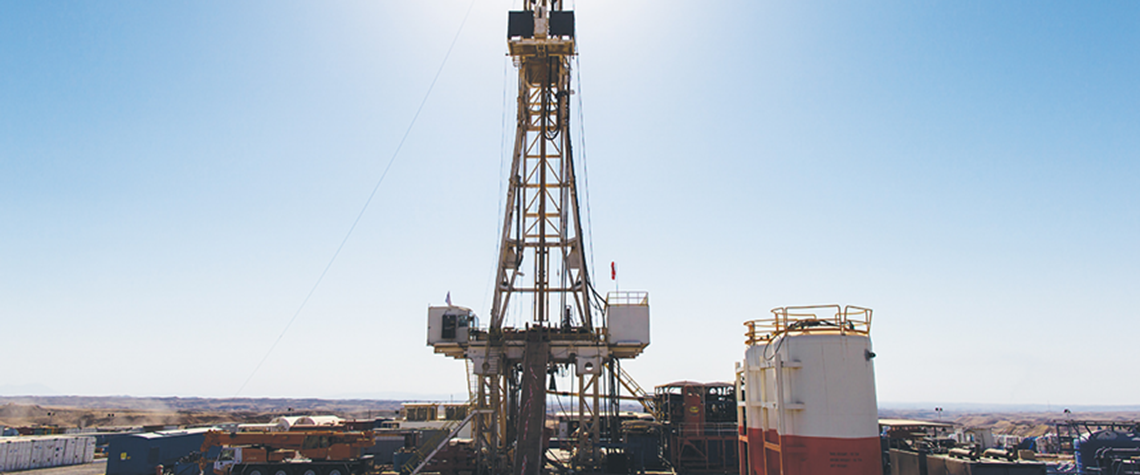Energy Independence Plan iraq is pushing forward with one of the Middle East’s most ambitious energy transformation plans, aiming to secure full energy independence by 2028. For decades, the country has relied heavily on imported electricity and gas—especially from neighboring Iran. But with growing political, economic, and environmental pressures, Iraq is now turning the tide with large-scale investments in domestic oil, natural gas, renewable energy, and power infrastructure.
This shift comes at a time when global energy markets are evolving rapidly, and the need for sustainable, reliable, and independent energy systems is more critical than ever.
Breaking Iraq’s Energy Chains

Currently, Iraq imports a large portion of its natural gas and electricity from Iran. At times, this supply covers nearly 40% of Iraq’s daily power needs. However, U.S. sanctions on Iran have made payment and supply arrangements more complicated. As a result, Iraq has faced frequent blackouts, especially during the summer when demand for air conditioning surges.
To reduce this reliance, Iraq is planning alternative gas supply routes. One of the key moves involves leasing a floating liquefied natural gas (LNG) terminal from the United Arab Emirates. This terminal, to be installed at the southern port of Khor al-Zubair, will start operating by mid-2025. It is expected to bring in around 500 million cubic feet of gas per day—enough to replace nearly a third of the current supply from Iran.
Furthermore, Iraq is in talks with countries like Qatar and Oman to secure future gas imports. These negotiations show Iraq’s determination to build a more diversified and resilient energy supply system.
Tapping Into Iraq’s Own Resources
Another cornerstone of Iraq’s plan is to boost domestic oil and gas production. In early 2024, the Iraqi government signed 13 preliminary agreements with international energy companies to develop oil and gas exploration blocks across the country. These deals are designed to increase crude oil production by up to 750,000 barrels per day and boost gas output by over 850 million standard cubic feet daily.
Many of the contracts are structured as profit-sharing agreements—a shift from the previous technical service contracts that were less attractive to investors. Most of these blocks have been awarded to Chinese firms, signaling Iraq’s strengthening energy ties with Asia.
In addition, Iraq has announced the reopening of major refineries, including those that were shut down during past conflicts. These revived refineries will help meet local fuel demands and reduce dependence on imported refined products.
Powering Up with Renewables
While oil and gas will continue to dominate Iraq’s energy sector in the near term, the country is also taking bold steps to embrace renewable energy. A flagship project is underway in southern Iraq, where a solar power plant with a capacity of 1.25 gigawatts is being developed in partnership with QatarEnergy and TotalEnergies from France.
This plant will feature two million advanced solar panels and is expected to start producing electricity between 2025 and 2027. Once operational, it will generate enough electricity to power about 350,000 homes—an important milestone in Iraq’s green energy journey.
Additionally, Iraq has signed a $25 billion agreement with British oil major BP to redevelop four major oil and gas fields in Kirkuk. A key part of this agreement focuses on boosting the country’s natural gas output to support power generation and reduce gas flaring—a major source of greenhouse gas emissions.
Fixing the Power Grid
Producing more energy is just part of the puzzle. Iraq also needs to fix its aging and inefficient power grid. Many of the country’s power plants suffer from outdated equipment and frequent breakdowns, resulting in electricity losses of up to 40% during transmission and distribution.
To address this, Iraq’s Ministry of Electricity has signed a deal with U.S. company GE Vernova to upgrade 46 gas turbines across 12 power stations. The upgrades, scheduled to be completed by mid-2025, will add over 500 megawatts of capacity to the grid and improve the reliability of electricity supply.
This modernization project is also expected to reduce maintenance costs, lower fuel consumption, and extend the lifespan of Iraq’s power infrastructure—all critical steps toward achieving stable energy delivery.
Regional Power Links Offer Backup
While building its own capacity, Iraq is also working to strengthen regional energy partnerships. By the end of 2024, a key electricity link between Iraq and Gulf countries will become operational. This interconnection will initially provide 500 megawatts of electricity to southern Iraq, especially to the Basra region.
In a separate agreement, Iraq and Saudi Arabia have agreed to construct an electricity connection that will supply up to 1,000 megawatts. These cross-border projects aim to create backup power options, improve regional cooperation, and add flexibility to Iraq’s power grid—particularly during peak consumption periods or emergencies.
The Road Ahead: A Long-Term Vision
Despite these significant developments, Iraq still faces major challenges in its journey toward energy security. The country currently needs between 35,000 to 40,000 megawatts of electricity to meet peak demand, but its current generation capacity falls short. Frequent outages, technical losses, fuel shortages, and corruption in the power sector have long hindered progress.
However, for the first time in years, there is a comprehensive and realistic roadmap. By combining new domestic energy production, renewable initiatives, international partnerships, and infrastructure upgrades, Iraq is steadily moving toward its 2028 target of self-reliance.
Success will depend not just on signing deals, but also on ensuring project completion, regulatory reforms, and continuous investment. If these plans hold steady, Iraq could become a model for energy transformation in a region still grappling with political instability and outdated infrastructure.
‘The First of Its Kind’ Comedy Play to Debut in Doha’s Katara Theatre



